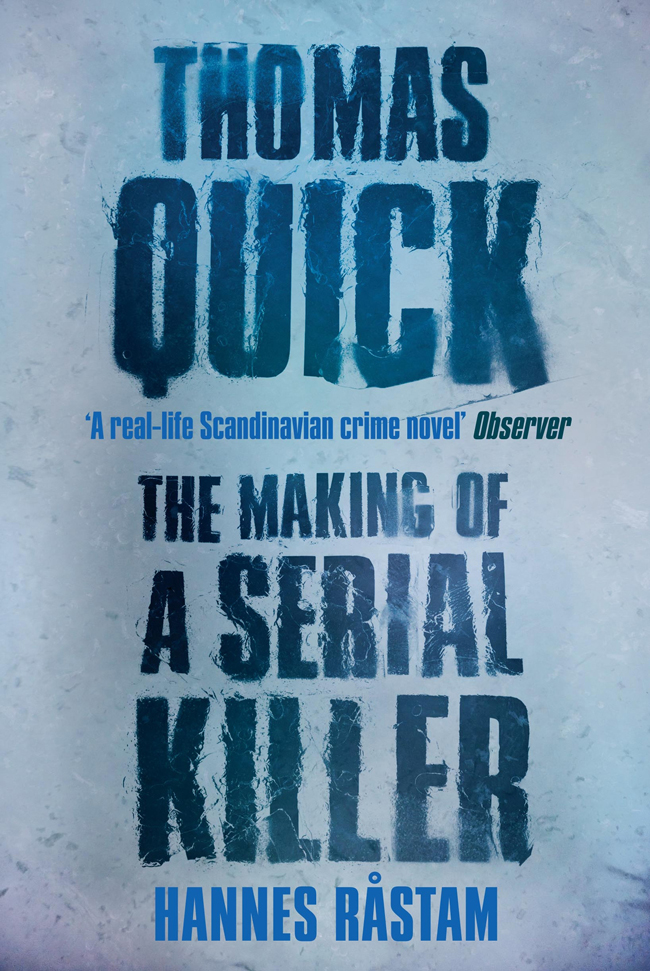
Thomas Quick
The Making of a Serial Killer
کتاب های مرتبط
- اطلاعات
- نقد و بررسی
- دیدگاه کاربران
نقد و بررسی

April 14, 2014
Investigative journalist Rastam (1956–2012)—who tragically died the day after finishing this manuscript—shares the compulsively readable story of Thomas Quick (whose real name was Sture Bergwall), who came to be known as “Sweden’s most notorious serial killer.” Though Quick’s confessions to more than 30 murders led to eight convictions, Rastram was fascinated by the phenomenon of false confessions, and the more he examined Quick’s story, the more problems he found. With painstaking attention to detail, Rastram compiled a devastating list of inconsistencies in Quick’s accounts and proof that the information Quick provided was accessible to others. Even more disturbing is the evidence that Swedish law-enforcement fed Quick some of his story, that heavy medication affected him during the confessions, and that Quick’s lawyer abrogated his role to force the state to prove its case. This fascinating true crime story, which reads like a detective novel, is a fitting legacy for its author. Agency: Salomonssen Agency.

April 15, 2014
There's no denying the popularity of serial killers, both fictional and real. In the case of Swedish murderer Thomas Quick, that popularity played a part in creating a serial killer, denying justice to the families of murder victims across Sweden and Norway. Thomas Quick was the assumed name of Sture Bergwall, who was incarcerated in a psychiatric hospital for his role in a bank robbery. Quick was also accused of molesting several boys. In the hospital, he discovered that confessing to murders earned him respect, interest from staff members, and a free-flowing supply of benzodiazepines. Eventually, Quick confessed to 30 murders, supplying investigators with grisly details of sexual assaults, dismemberments, and cannibalism. Quick was convicted of eight of those killings and is widely regarded as Sweden's worst criminal. Journalist and documentarian the late Rastam (1956-2012) became interested in the case several years after Quick stopped cooperating and reverted to his birth name, interviewing Bergwall in 2008 and eventually coaxing the truth from him. The author has produced two award-winning documentaries on the Quick proceedings, and this book provides a painstakingly detailed analysis. The confessions were riddled with errors, none of the forensic evidence matched, and the time lines made no sense. Bergwall has since been cleared of the murders though he is still incarcerated. VERDICT Rastam's lengthy dissection of the case will appeal to readers of Scandinavian crime novels, as well as to police procedural buffs.--Kate Sheehan, Waterbury, CT
Copyright 2014 Library Journal, LLC Used with permission.

























دیدگاه کاربران